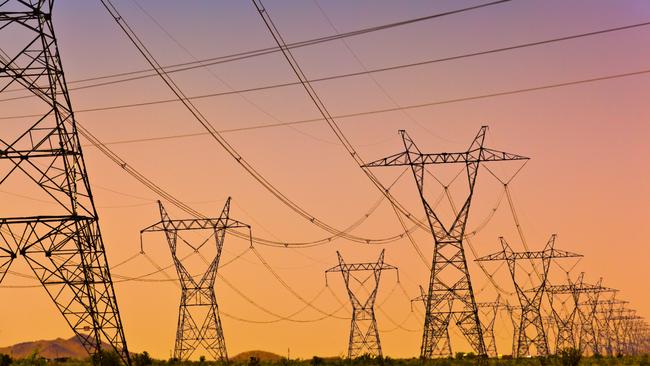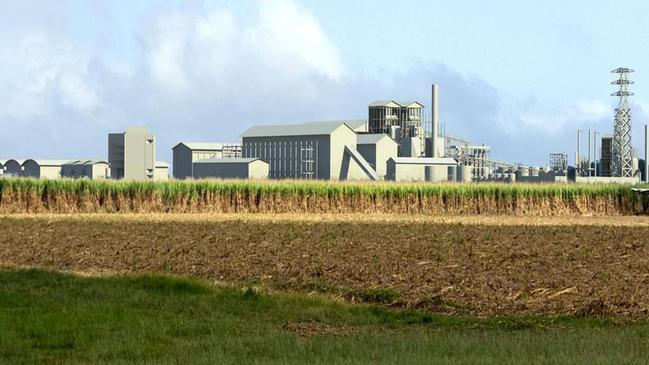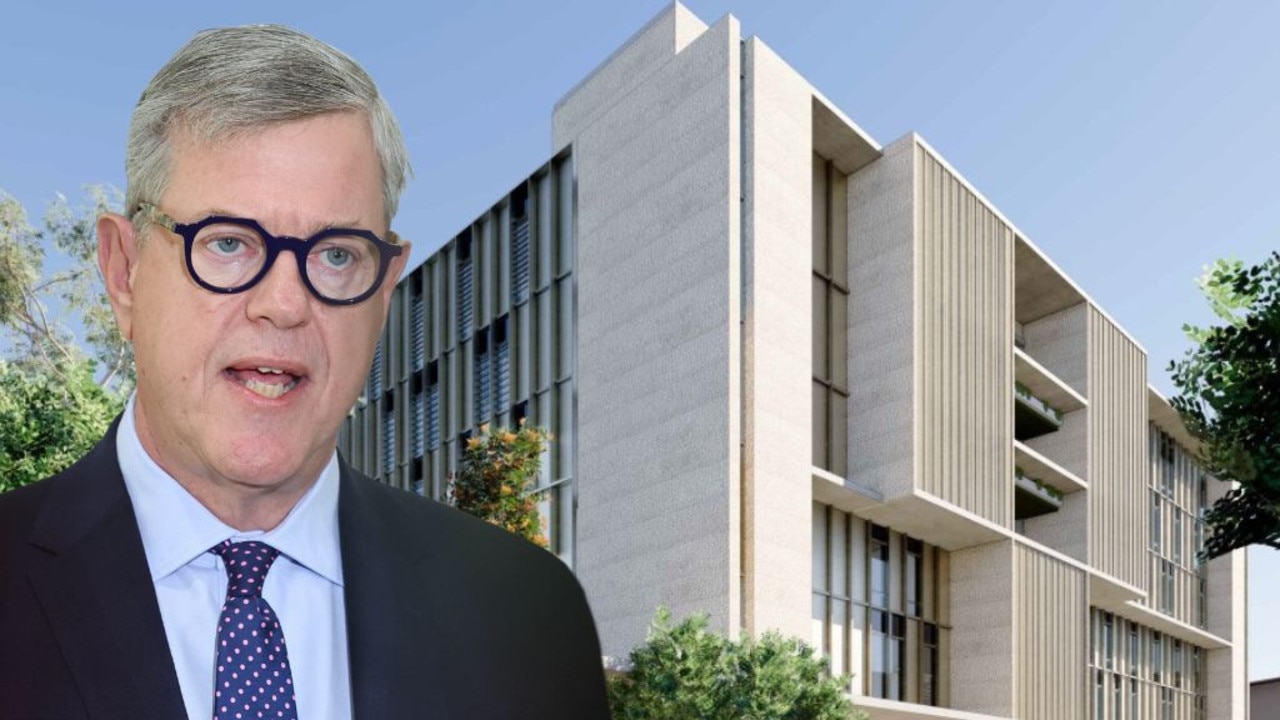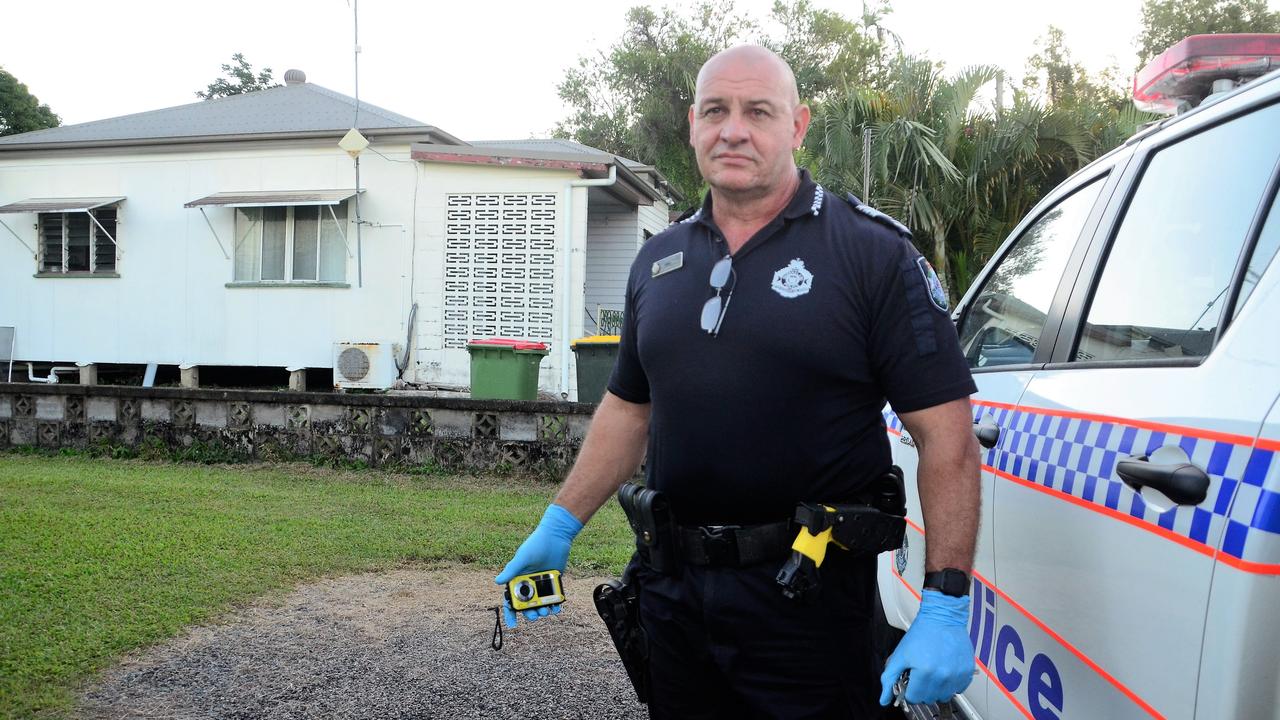APA Group challenges benefits of $2.5bn CopperString project
The APA Group has challenged the benefits of building a $2.5bn transmission line in North Queensland.

Townsville
Don't miss out on the headlines from Townsville. Followed categories will be added to My News.
Gas giant APA Group has challenged the benefits of building a $2.5bn transmission line in North Queensland which could undermine its own big power investments in Mount Isa.
In a submission to the State Government, the company’s Group Executive Strategy and Commercial, Julian Peck, says the CopperString 2.0 project will create a “40-year electricity tax on mums and dads” and leave behind a $1bn taxpayer debt, while providing no material reduction in energy costs for the region.
“We believe CopperString 2.0 is an extremely expensive solution in search of a problem that does not exist or at the very least has been overstated,” Mr Peck says.
The State Government released an Electricity Supply Options document in December calling for comment and APA is one of the key stakeholders.
It has invested more than $1bn into assets including the Diamantina Power Station in Mount Isa and Carpentaria Gas Pipeline which provide annual revenues of more than $120m.
CopperString, an 1100km transmission line proposal to connect the North West Minerals Province into the national electricity grid at Townsville, threatens to deliver competition into a market where APA holds a virtual monopoly.
It is understood some ventures like the Century mine north of Mount Isa are paying up to $200 a megawatt hour for electricity and have to provide $10m bank guarantees just to confirm supply.

But Mr Peck says the only way CopperString can deliver power at the prices proposed “is to smear more than a quarter of the total project costs across all Queensland electricity users”.
Even so, he says CopperString’s claimed price of $90/MWh is “highly improbable” and that their consultant Oakley Greenwood finds mining customers are still likely to pay $150/MWh.
APA says derogations sought by CopperString will shift more of the investment risk to the State Government and taxpayers, while its developers benefit from large upfront fees and high returns.
The submission says progressive development of renewable generation around Mount Isa and augmentation of the local network will be a much cheaper, more reliable and environmentally sustainable solution
“APA’s long-term vision for the region is to develop a hybrid energy grid that aims to reduce carbon emissions and lower energy costs, while continuing to provide firm, dispatchable energy through APA’s Diamantina Power Station complex,” Mr Peck says.
NQ COMPANY ON GOOD BEHAVIOUR BOND
A company which raised millions of dollars from investors to develop a sugar mill in Ingham before halting the project in 2018 has been prosecuted for failing to lodge annual reports.
Corporate watchdog Australian Securities and Investments Corporation, which took the action, says North Queensland Bio-Energy Corporation Ltd entered into a 36-month good behaviour bond for failing to lodge three annual financial reports for 2017, 2018 and 2020 when it appeared in the Brisbane Magistrate’s Court last year.
But the regulator, which initially released a media statement about the prosecution this month also stating that the company had been fined $40,000, has since issued an editor’s note, stating this was incorrect.
North Queensland Bio-Energy Corporation has proposed a sugar, ethanol and power generation plant in Ingham said to be valued at $640m but announced a “halt” in the project in 2018.

NQBE is headed by registered auditor and partner in the Carey Group accounting and financial advice firm, Robert Carey, while former Liberal Party leader and renewable energy advocate John Hewson is a director.
Company records indicate North Queensland Bio-Energy Corporation is now up to date with the lodgement of its financial reports.
The records state NQBE has $5,348,150 paid on shares issued. It is understood the company had lodged all outstanding reports before the hearing of the case on August 10 last year.
When contacted this week, Mr Carey declined to comment but did confirm its sugar mill, ethanol and power generation plant continued to be in “halt mode”.
When the decision to halt the project was announced in May 2018, Mr Carey said it was caused by inconsistency in the Federal Government’s climate and energy policies and that grant funding from the Australian Renewable Energy Agency, which was provided to solar and wind farm proponents, was not available for projects like NQBE’s.
ASIC said certain types of Australian companies were required by law to lodge financial reports with them within a specified period after the end of their financial year.
Some companies also had a legal requirement to lodge financial reports every half year, while public companies must hold AGMs at least once per calendar year within a specified period after the end of its financial year.
NQBE is an Australian Public Company.
“Compliance with these requirements is important as accurate and timely financial reports and regular AGMs provide shareholders, creditors and the public with important information, enabling them to make informed decisions when dealing with these companies,” the ASIC statement said.
One investor in NQBE, sugar farmer Victor Reinaudo, has been a big supporter of the mill project. He said he did not know what was happening.
“We invested in it to see whether we could do something different. After they said that was it, I haven’t heard a word,” Mr Reinaudo said.
More Coverage
Originally published as APA Group challenges benefits of $2.5bn CopperString project



